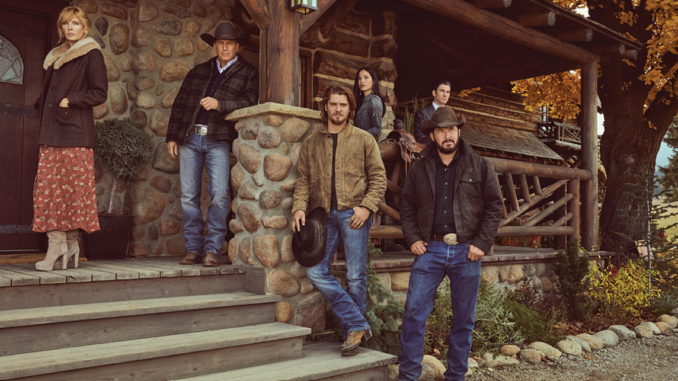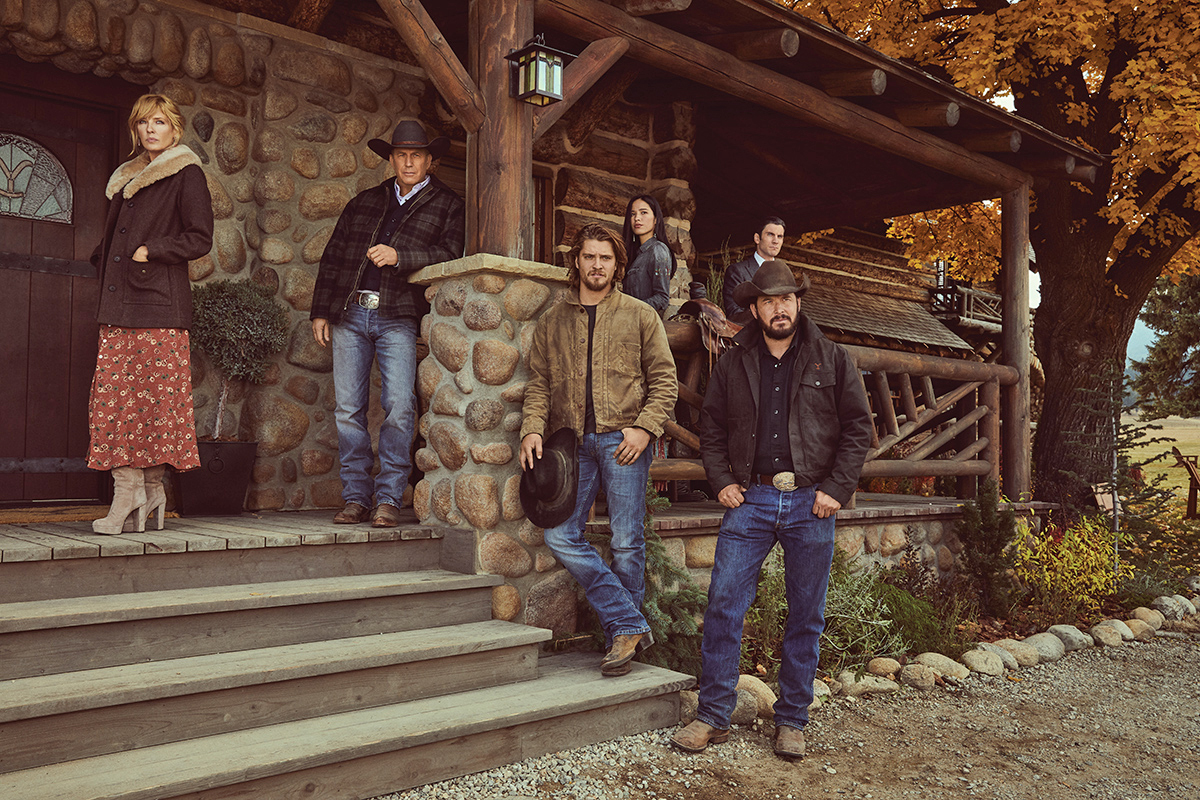
‘Yellowstone’ We Know. Do You?
This special edition of PERC Reports uses the hit TV show “Yellowstone”’s depiction of the Rocky Mountain West to examine real-life issues of the West. Check out the full issue here.
People are watching “Yellowstone.” Lots of people. The blockbuster series’ Season 4 premiere drew nearly 15 million viewers in a single night. It’s now the most-watched TV series in the country. It’s even credited with helping fuel Montana’s modern land rush.
For those unfamiliar, “Yellowstone” offers viewers a look at the contemporary American West and features a cast of rising stars as well as veteran actor Kevin Costner. But at its core, “Yellowstone” is about setting. It shapes the issues and plots covered in the series. And that’s where PERC comes in.
Set in Paradise Valley near Yellowstone National Park and Bozeman, Montana—PERC’s home base—the show’s main character is the fictional Yellowstone Dutton Ranch, the largest contiguous ranch in the United States. The current head of the multigenerational ranching dynasty is John Dutton, played by Costner, who has made a living starring in nearly four decades of classic Westerns, including “Silverado,” “Dances with Wolves,” and “Open Range.” Joining him in protecting the ranch are his children, ruthless banker Beth, former Navy SEAL Kayce, and lawman Jamie. Rip Wheeler is the loyal ranch manager.
The show is a case study in the intersection of the Old West and the New West and the conflicts that ensue. Those who want to take away the Duttons’ land and ranching lifestyle include California developer Dan Jenkins and casino-minded Thomas Rainwater, the tribal chief of a nearby Indian reservation. In the first confrontation between the developer and the rancher, Jenkins tells Dutton, “Progress doesn’t need your permission.” Dutton replies, hoarsely, “In this valley, it does.”

What makes the show so compelling is that most Westerns are a stereotype of the West built by non-Westerners. Not “Yellowstone.” Yes, there are explosions, extreme violence, exaggeration, and moments of suspended disbelief that might make locals roll their eyes. But running through it all is a kernel of reality and truth. The underlying issues the show addresses are real—and often unappreciated by those outside the region. You can trace much of the plot to events and developments in Montana. As Luke Grimes, who plays Kayce Dutton, puts it, “‘Yellowstone’ is a heightened, exaggerated version of things that actually exist.”
“Yellowstone’s” creator, Taylor Sheridan, focuses on many of the issues PERC researchers have been dealing with for years—water rights conflicts, stream access laws, the weaponization of the Endangered Species Act, wildlife compensation funds, western fence laws, the spread of brucellosis, and, of course, the nature of property rights.
There’s one word to describe it: authentic. The show comes from somewhere real. The ranchers I spoke to in Paradise Valley really appreciated the realities that lie beneath the surface. The show addresses issues they struggle with every day. In Montana, we often tell stories or hear about some incident or conflict and say, “That would be a scene from ‘Yellowstone.’”
A few years ago, PERC researchers visited a cattle ranch near Montana’s Crazy Mountains. Somehow, “Yellowstone” came up in an opening conversation with the couple who owned the ranch, which had been in the family for more than 100 years. They said the show was a little too quirky for their taste. But then they went on to tell a story about three hunters who went into the nearby mountains and only two came out. An extensive search for the missing hunter was called off after the winter snows began to fall. The incident has been the subject of many dubious theories, most of which focus on the surviving hunters. Strange men showed up at the ranch months later asking permission to hike across the family’s land to access the mountains. Eventually, the hunter’s body was found on a hillside above the ranch, many miles away and on the other side of the mountain range where the group had been hunting. We all looked at each other in amazement, saying that sure sounded like something from “Yellowstone”.
